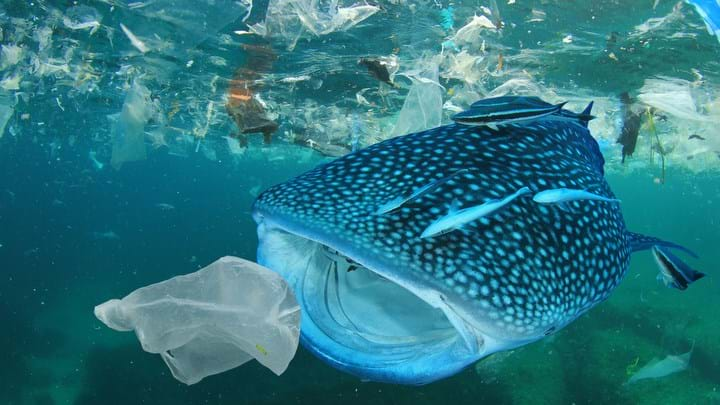175 countries commit to create historic global plastics treaty

ONE HUNDRED and seventy-five nations have agreed to create a global treaty to end plastics pollution and bring about a circular economy, in a move described as the most ambitious environmental action since the 1989 international agreement to halt the use of CFCs.
The resolution agreed by heads of state and environment ministers at the UN Environment Assembly (UNEA) on 2 March establishes an intergovernmental negotiating committee (INC) which will begin work this year to complete a draft legally-binding agreement by the end of 2024. Plans are for the agreement to address the full lifecycle of plastics, covering their design and production so they can be reused, remanufactured or recycled. This will help retain plastics in the economy for as long as possible – creating a circular economy – that will minimise waste.
The current linear use of plastics chiefly involves producing them from virgin resources and then disposing of them after use. This has created a global industry worth around US$522.6bn that by 2017 was producing some 350m t/y of plastic. The Pew Trust reported in 2020 that this output could double by 2040, but without adopting a circular model where plastics are reused rather than incinerated or sent to landfill, plastic pollution will continue to rise. It is estimated that 11m t/y flows into oceans. A new treaty would create measures for countries to clean up existing plastic pollution.
Conservation organisation WWF welcomed the UN agreement, describing it as the most ambitious environmental action since countries signed the 1989 Montreal Protocol which phased out ozone-depleting substances.
Marco Lambertini, Director General of WWF International said: “By agreeing to develop a legally-binding global treaty on plastic pollution, our world leaders are paving the way for a cleaner and safer future for people and the planet. “But our work is far from over – world leaders must now show even more resolve in developing and implementing a treaty which addresses our current plastic pollution crisis and enables an effective transition to a circular economy for plastic. This requires not just any treaty but one with clear and strong global standards and targets that will create a level-playing field that incentivises nations to abide by common rules and regulations while also penalising harmful products and practices.”
The UN resolution calls for a future treaty to promote research and development and agreement for technology transfer and capacity building.
Markus Steilemann, President of the trade group Plastics Europe, said: “Plastic waste pollution is unacceptable in any environment. The UNEA resolution represents a major step towards the creation of a waste-free future which is critical to achieving our collective climate ambitions. The resolution also recognises the vital role that plastics applications play in society, which is welcome. We must enhance their value by making them circular and climate neutral, helping to establish a circular economy.”
The UN said that a shift to a circular economy can reduce the volume of plastics entering oceans by more than 80% by 2040, reduce virgin plastic production by 55%; reduce greenhouse gas emissions by 25%; and create 700,000 additional jobs.
In May last year, Plastics Europe said European manufacturers expect to increase investments in chemical cycling from €2.6bn (US$2.9bn) in 2025 to €7.2bn in 2030, producing 3.4m t/y of recycled plastics.
Inger Andersen, Executive Director of the UN Environment Programme (UNEP) said: “Today marks a triumph by Planet Earth over single-use plastics. This is the most significant environmental multilateral deal since the Paris accord. It is an insurance policy for this generation and future ones, so they may live with plastic and not be doomed by it. Let it be clear that the INC’s mandate does not grant any stakeholder a two-year pause. In parallel to negotiations over an international binding agreement, UNEP will work with any willing government and business across the value chain to shift away from single-use plastics, as well as to mobilise private finance and remove barriers to investments in research and in a new circular economy.”
Recent Editions
Catch up on the latest news, views and jobs from The Chemical Engineer. Below are the four latest issues. View a wider selection of the archive from within the Magazine section of this site.




